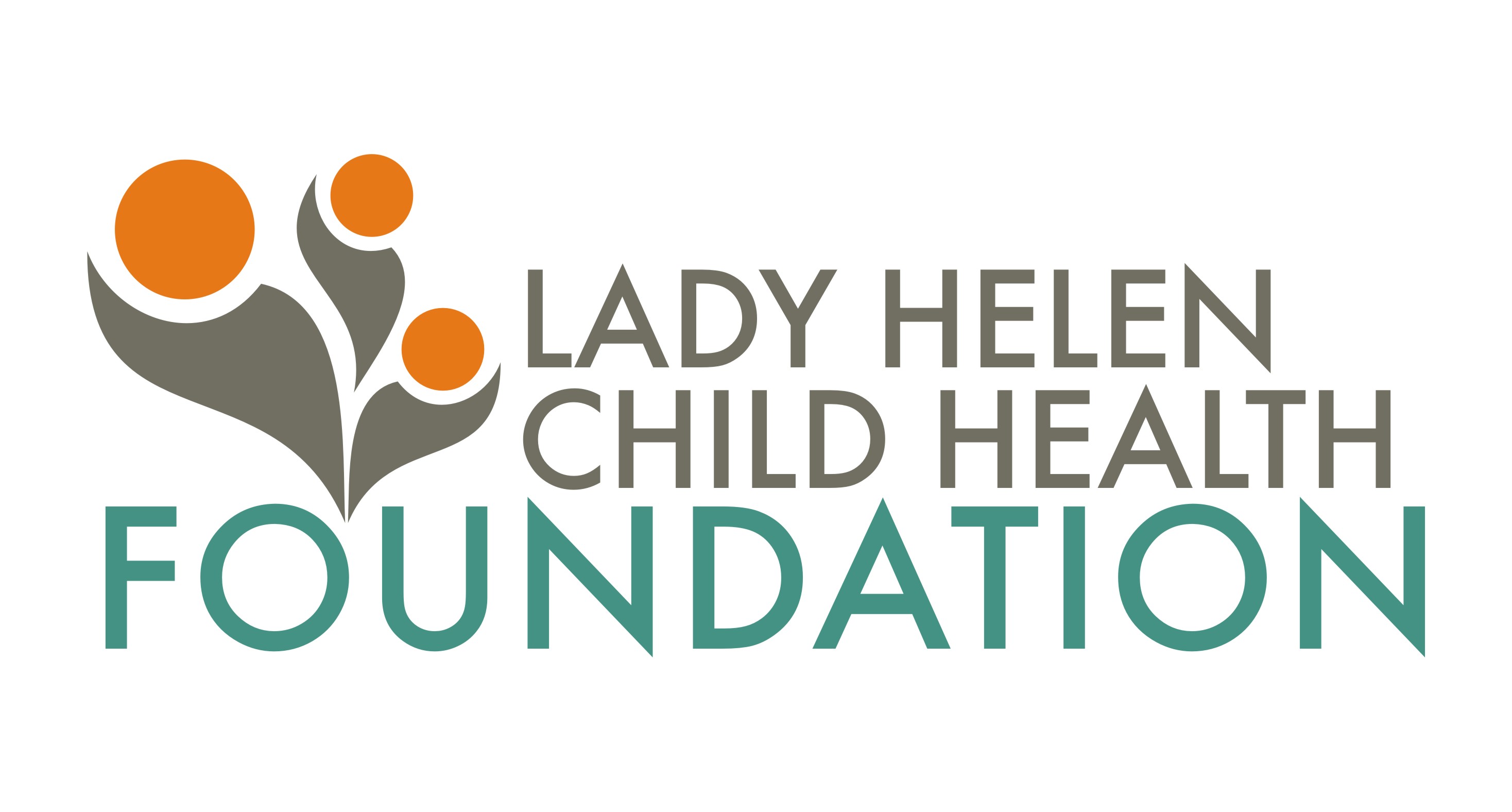Abstract
The outbreak of COVID-19 was declared to be a public health emergency by the World Health Organization in January, 2020. The uncontrolled spread and rise in cases eventually transformed it into a global pandemic, with Lagos recording Nigeria’s index case in February 2020. One year after these incidents, there has been a myriad of life style adjustments to curb the virus and reduce its spread. Concerns were raised about certain groups being more vulnerable as a result of socio-economic status, underlying health issues and age, as such necessary guidelines were mandated. The impact of the lockdowns, and economic challenges as a result of COVID is still an emergent area of research with high rates of psychological distress and increase in mental health disorders being associated with the pandemic. Yet many studies acknowledge that low- and middle-income countries, do not place sufficient emphasis on the impact of COVID on children and adolescents. As the lockdown restrictions are being lifted in Lagos state, social distancing, virtualization of classrooms, and wearing face masks still continue to affect children. This creates a need to assess the short- and long-term effects of COVID-19 on children’s overall mental health. This study attempts to fill an identified gap in literature by examining the impact of covid on children and adolescents in Lagos state. The primary objective of this study is to gain knowledge on the lived experiences of children and adolescents with COVID-19 and what effect this has had on their mental health. The study would be carried out using both quantitative and qualitative techniques. While electronic questionnaires would be administered to derive data for statistical inference. Focus group discussions and interviews would also be carried out in schools, from which emerging themes would be analysed. The lack of current and representative epidemiological data on the mental health of Nigerian children continues to be a barrier to advocacy for CAMH policy initiatives.
References
Atilola, O., Ayinde, O. O., Emedoh, C. T., & Oladimeji, O. (2014). State of the Nigerian child – neglect of child and adolescent mental health: a review. Paediatrics and International Child Health, 35(2), 135-143. doi:10.1179/2046905514y.0000000137
Briggs, D. C., & Numbere, T.-W. (2020). COVID-19 and the Nigerian child: the time to act is now. Pan Afr Med J, Jun 18;35(Suppl 2):82. doi:10.11604/pamj.supp.2020.35.23286
Kubb, C., & Foran, H. M. (2020). Measuring COVID-19 Related Anxiety in Parents: Psychometric Comparison of Four Different Inventories. JMIR Ment Health, Dec 3;7(12):e24507. doi:10.2196/24507
L, K., BA, K., C, H., JA, N., S, S., M, B., . . . Patha. (2021). COVID-19 mental health impact and responses in low-income and middle-income countries: reimagining global mental health. Lancet Psychiatry, S2215-0366(21)00025-0. doi: 10.1016/S2215-0366(21)00025-0
Siegel, R. M., & Mallow, P. J. (2020). The Impact of COVID-19 on Vulnerable Populations and Implications for Children and Health Care Policy. Clinical Pediatrics, 1-6. doi:Siegel, R. M., & Mallow, P. J. (2020). The Impact of COVID-19 on Vulnerable Populations and Implications for Children and Health Care Policy. Clinical Pediatrics, 000992282097301. doi:10.1177/0009922820973018
Singh, S., Roy, D., Sinha, K., Parveen, S., Sharma, G., & Joshi, G. (2021). Impact of COVID-19 and lockdown on mental health of children and adolescents: A narrative review with recommendations. Psychiatry Research, 293, 113429. doi: 10.1016/j.psychres.2020.113429

 The foundation founded in her honour is geared towards improving the health outcomes for children and mothers by promoting a strong culture of preventive and quality improvement measures in healthcare provision
The foundation founded in her honour is geared towards improving the health outcomes for children and mothers by promoting a strong culture of preventive and quality improvement measures in healthcare provision 